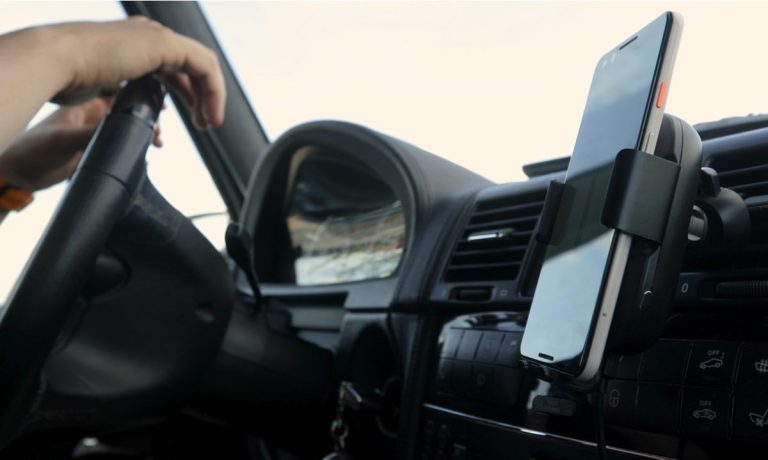Telematics Put Auto Insurers in the Premiums Driver’s Seat

When the pandemic hit and consumers suddenly found that their cars were sitting in their driveways, many wondered why they were still paying for auto insurance based on the number of miles they had expected to drive.
That’s one of the trends that is driving greater adoption of use-based or telematics auto insurance programs. These programs use a smartphone app or a device in the vehicle to send to the insurance company data about the number of miles driven, the time of day and driving behaviors, such as hard braking, acceleration and speed. App-based programs can also monitor distracted driving by seeing if the driver uses their phone while on the road.
“People have started to say, ‘I’m driving a lot less, why should I be paying the same amount for my insurance?’ Or, ‘I’m driving differently, and I want my insurance to reflect that,’” Karen Andrews, assistant vice president of Telematics and Emerging Auto at Travelers, told PYMNTS. “These types of usage-based insurance programs definitely deliver on that, from that perspective.”
Takeup Increasing 50% Year Over Year
Travelers reported the number of consumers participating in one of its telematics auto insurance programs grew 50% in 2021. This has been driven in part by increasing awareness among consumers as more of these programs become available. There are some lingering privacy concerns, but Travelers addressed these by allowing those who sign up to opt out within the first 45 days.
“The latest research that we’ve seen shows that 80% of people express a willingness to participate in these types of programs,” Andrews said. “It is interesting because historically, adoption of these types of programs is quite a bit lower.”
Travelers introduced its first telematics auto insurance program in 2017. Called IntelliDrive, it calculates a premium based on driving behaviors captured over the first 90 days. This program is now available in 40 states.
“It’s pretty intuitive to customers that their insurance be priced based on how they drive,” Andrews said. “We really saw that telematics gave us the opportunity to do that.”
Encouraging Policyholders to Improve Their Driving Behaviors
Travelers announced Jan. 12 a second telematics auto insurance offering that is now available in three states. Dubbed IntelliDrivePlus, it measures miles driven as well as driving behavior. While the monitoring begins immediately, the price at renewal is based on only the last 90 days.
“We don’t consider all of the early events,” Andrews said. “Once you’ve spent a little bit of time with us and learned how to adjust your driving behaviors to be more safe, that’s when we start to use your driving behavior information to price the policy.”
Travelers uses a smartphone app for these programs. This makes the initial setup easier for drivers because most people have smartphones and know how to download an app, and the registration and onboarding process is easy to do.
“And then you don’t really have to interact with it if you don’t want to after that point,” Andrews said. “It just kind of sits in the background and does its thing.”
For those who do want to interact with it, the app offers safe driving tips, other content and a snapshot view of the driver’s score, so they can see how they’ve been performing over time or during their most recent trip.
“If you’re starting to trend a little low, you can start to see, ‘What do I need to do to turn things around and start to see that score come up in the other direction?’” Andrews said.
Offering Options to Customers
Those kinds of benefits as well as the personalization of the pricing of telematics auto insurance policies have driven greater customer satisfaction, she added.
“The more that you have options for folks as far as how they want to interact, not just with their insurance but with telematics offerings in general, the more takeup we’ve seen with our insurance more broadly,” Andrews said. “They may not take up one of our telematics programs initially but might decide after being with us for a year or two that it is something that they’re interested in going to, so we make that an option as well.”